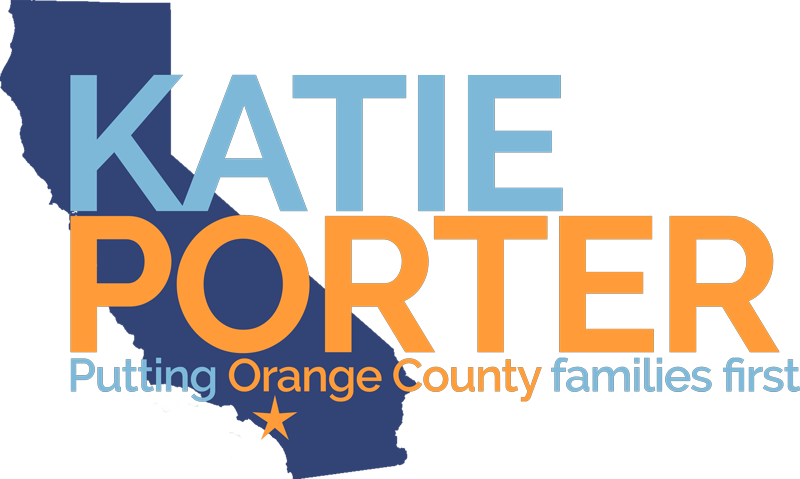Press Releases
With Rep. Porter Support, House Passes Bipartisan Bill to Protect Financial Institutions that Service State-Legal Marijuana BusinessesLegislation includes Congresswoman’s amendment to ensure safeguards are extended to new banks and credit unions
Washington, DC,
September 25, 2019
Tags:
Protecting Consumers
With support from Congresswoman Katie Porter (CA-45), the House of Representatives today passed a bipartisan bill to protect banks and credit unions serving marijuana business in states where cannabis is legal. The Secure and Fair Enforcement (SAFE) Banking Act includes an amendment from Porter clarifying that these protections are provided to new financial institutions, who may otherwise be hesitant to jump into this marketplace. “Californians spoke clearly when we voted to legalize adult use of marijuana, but existing federal regulations have created confusion for financial institutions and legal cannabis businesses in our state,” Congresswoman Porter said. “I was proud to back this bill when it came before the Financial Services Committee and to introduce an amendment to ensure new banks and credit unions are guaranteed the same protections when servicing marijuana businesses. The small banks, investors, and entrepreneurs working in the legal cannabis industry deserve the level playing field the SAFE Banking Act provides.” Under the current system, banks and credit unions are hesitant to provide services to state-legal cannabis businesses for fear of potentially resulting federal and civil penalties, an irregularity that has made it difficult for businessowners to accept electronic payment. This forces cannabis workers in states like California to transport large amounts of cash, a practice that presents safety risks and also can prevent women from participating in the industry. The SAFE Banking Act would clarify that banks and credit unions can safely provide services to marijuana companies, ending the practice of cash transport, and consequently allowing more individuals to participate in this new market. The SAFE Banking Act passed the House 321-103. The bill now moves to the Senate for consideration. ### |
